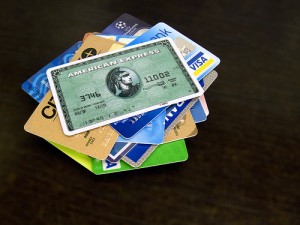I’ve seen lots of posts in the blogosphere with tongue-in-cheek responses to yesterday’s news that the recession is over.
“Unemployment is still high.”
“The housing market is still in a slump.”
“People are still struggling.”
“What do you mean the recession is OVER?!”
Take heart: when an economy is actively in recession, it means economic activity is slowing down over a period of time. It was months and months after the start of the recession before economists finally looked at the numbers and said, “Whoa. We’re in a recession, guys.” And the announcement that it’s “over” comes over a year after its official end — which economists say was June 2009.
Now based on the numbers, the economy has stopped shrinking. Things may still feel pretty bad out there, but the news that recession is over means one thing: it’s getting better.
Does that mean things are going to turn around overnight? Absolutely not. After a recession this bad (the worst since the Great Depression), it takes time for everything to be okay again. And unfortunately, the economy is rebounding particularly slowly this time.
Historically, the economy takes years to rebound back to previous levels after a recession. Since this recession has been so deep, it makes sense that things may not be “good” again for a while. Since 1945, the average economic recession has lasted 10 months while the average economic expansion has lasted 57 months (source). That means it takes, on average, over 2 years for the economy to peak again after an average 10-month recession. This recession lasted 18 months, which means it will probably take a little longer than average for things to go back to normal.
But this really is good news. It means the worst is (hopefully) over.
In the meantime, try to keep looking on the bright side. This, too, shall pass. And when it does, we’ll all be armed with all of the frugal tricks we learned during the tough times to help safeguard us from future economic downturns.


